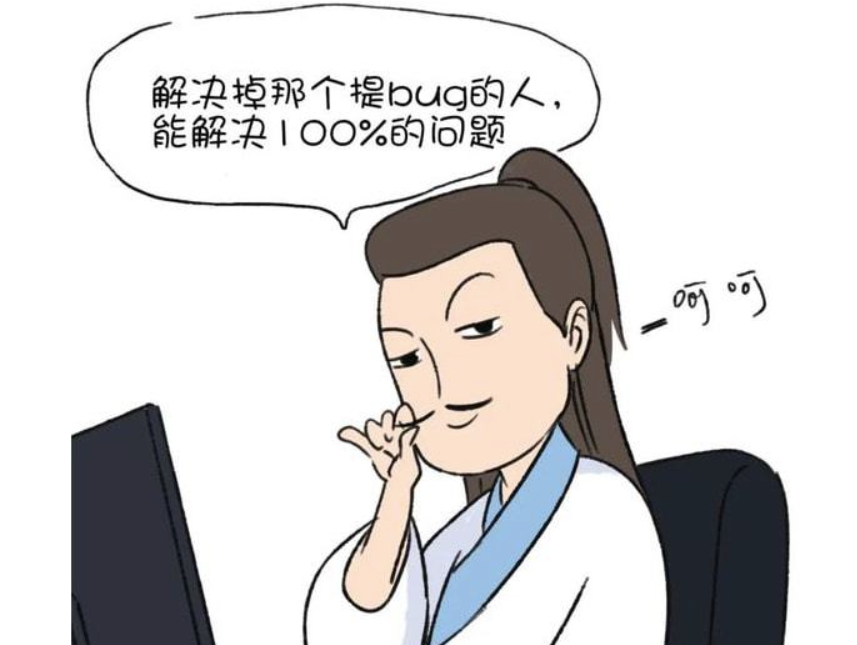Introduction:
The field of comparative analysis has been used in numerous studies to compare different aspects of various cultures, societies, and groups. One such area that has attracted significant attention is the career views held by individuals in different cultures, especially in China and America. This proposal seeks to conduct a comparative analysis of Chinese and American career views through a case study of the popular television series Desperate Housewives.
Background:
Desperate Housewives is an American television series that aired from 2004-2012. The show follows the lives of four housewives living on Wisteria Lane, a suburban street in the fictional town of Fairview, Eagle State. While the show primarily focuses on the personal lives of these women, it also touches upon their professional aspirations and careers.
Objectives:
The objective of this study is to compare and contrast Chinese and American career views through a case study of Desperate Housewives. Specifically, this study aims to achieve the following objectives:
- To explore the career aspirations and goals of the four main characters in Desperate Housewives.
- To examine how these aspirations are shaped by cultural factors such as individualism-collectivism and gender roles.
- To identify similarities and differences between Chinese and American career views based on the findings from Desperate Housewives.
Methodology:
This research will be conducted using qualitative methods, specifically content analysis. Content analysis involves analyzing media content to extract relevant themes or patterns that may exist within it. In this case, we will use episodes from Desperate Housewives as our primary data source for analysis.
Data Collection:
We will collect data from all eight seasons of Desperate Housewives by watching each episode carefully and taking detailed notes on each character’s career aspirations, goals, successes, failures, etc.
Data Analysis:
We will analyze our data using thematic analysis to identify patterns across various episodes related to career views held by both Chinese and American characters in Desperate Housewives. We will then compare and contrast these findings to identify similarities and differences between the two cultures.
Conclusion:
This study aims to provide valuable insights into the career views held by individuals in China and America, as well as how these views are shaped by cultural factors such as individualism-collectivism and gender roles. By conducting a comparative analysis of Desperate Housewives, we hope to shed light on how popular culture can be used to understand complex social phenomena.



















